Nov 22, 2024
Threats of violence are pushing the region to the brink. Israel said it would exact a “deadly and heavy” toll for any Iranian attack. In turn, Iran promised to “retaliate tenfold,” and its hardliners want to lift the ban on developing nuclear weapons. Lines are blurring that were once seen as inviolable.
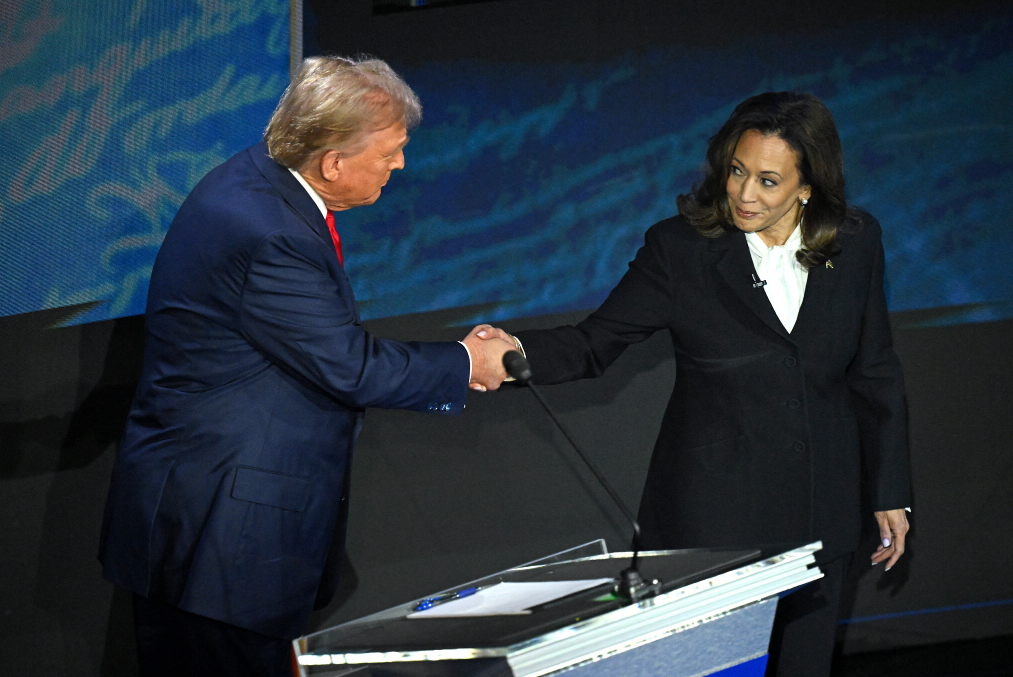
Dan Steinbock, Founder, Difference Group
Oct 30, 2024
Israel’s Iran reprisals aren't over. A broader attack may ensue in cooperation with the United States, while the war-weary, ailing region would prefer to focus on economic development with China.
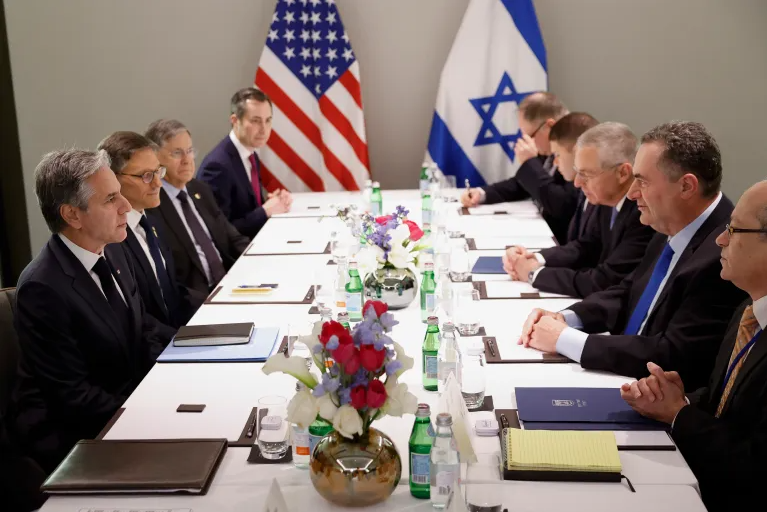
Zhou Yiqi, Associate Fellow, Center for West Asian & African Studies, Shanghai Institutes for International Studies
Oct 18, 2024
China’s efforts to mediate between various Palestinian groups is a first step toward bridging the divide between Palestine and Israel. The U.S. must also take ownership of its responsibility and similarly employ its significant influence over Israel.
Ghulam Ali, Deputy Director, Hong Kong Research Center for Asian Studies
Sep 21, 2024
Saudi Arabia and the UAE are undergoing transformations in which China can play an important role. Premier Li Qiang’s visit reinforced them by focusing on trade, business, investment and diplomacy. This reflects China’s broader policy prioritizing economic cooperation over geopolitical entanglement.
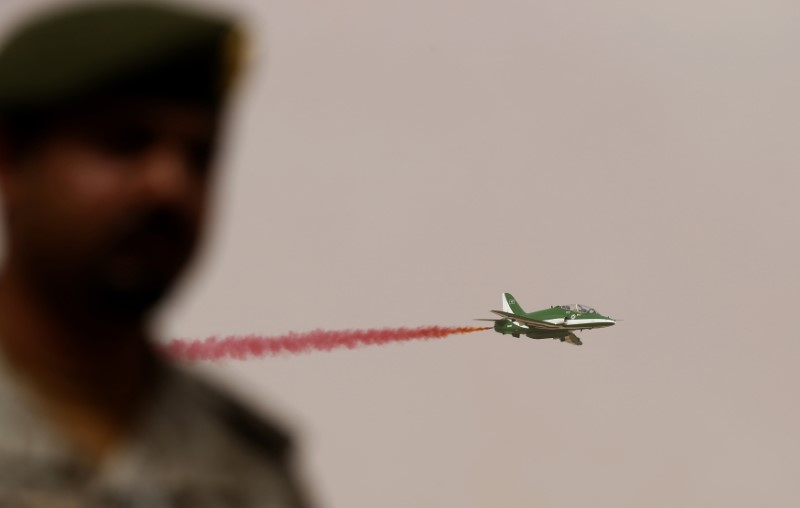
Ghulam Ali, Deputy Director, Hong Kong Research Center for Asian Studies
Aug 16, 2024
The emerging defense pact with the United States, will be a decisive moment for Saudi Arabia and for broader Middle Eastern politics. Until it is ratified, the kingdom will likely strive to maintain defense partnerships with both the U.S. and China.

He Wenping, Senior Research Fellow, Charhar Institute and West Asia and Africa Studies Institute of the China Academy of Social Sciences
Jun 07, 2024
Increasing isolation is making it difficult for the Netanyahu government to secure support from the United States, which faces a dilemma: It can continue to back Israel, or it can distance itself from Netanyahu, either of which could have serious electoral consequences for President Joe Biden.

Wang Zhen, Research Professor, Shanghai Academy of Social Sciences
May 29, 2024
The recent act passed in the U.S. House of Representatives — even if endorsed by the Senate and signed into law by the president — is unlikely to be effective in eliminating antisemitism in the United States. A kind of national reconciliation will be required.
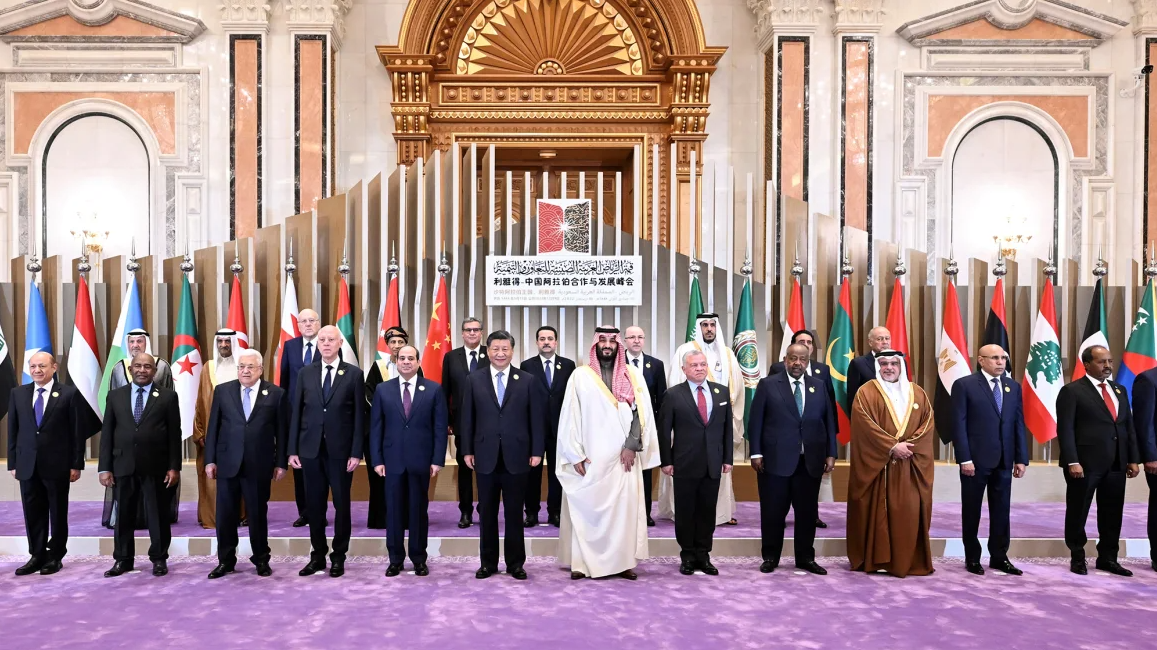
Jin Liangxiang, Senior Research Fellow, Shanghai Institute of Int'l Studies
May 23, 2024
China is deeply intertwined with Saudi Arabia and other GCC countries. It is contributing to regional security and will be one of the major sources of the region’s future wealth. And, unlike the West, it will always respect the way of life in the region, including the dominant religion.

Zhou Yiqi, Associate Fellow, Center for West Asian & African Studies, Shanghai Institutes for International Studies
May 17, 2024
Sustainable peace in the Middle East — in particular between Israel and the Palestinians — will require meaningful change in Palestine’s status: Its sovereignty must be established and recognized. A unified push by China and the United States to that end would be an important guarantor of success.
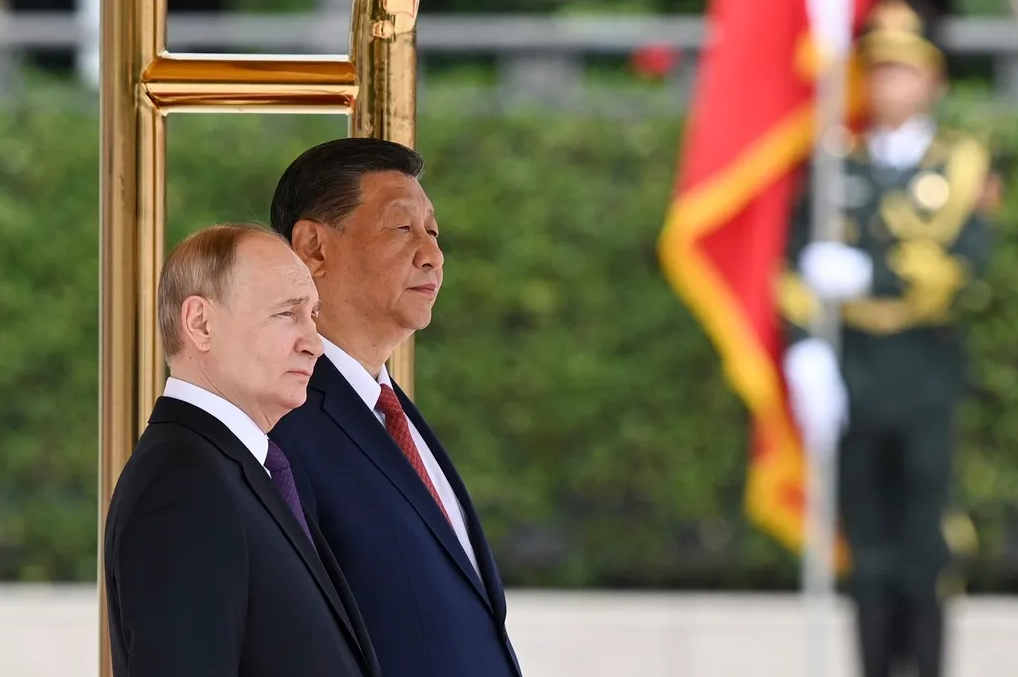
Xiao Bin, Deputy Secretary-general, Center for Shanghai Cooperation Organization Studies, Chinese Association of Social Sciences
May 17, 2024
The international system seems unable to curb hegemonism and Cold War thinking, but China-Russia strategic coordination can mark a new path. As the two nations achieve win-win cooperation through the “five always” standard, the fundamental interests of the Chinese people will be served in the process.